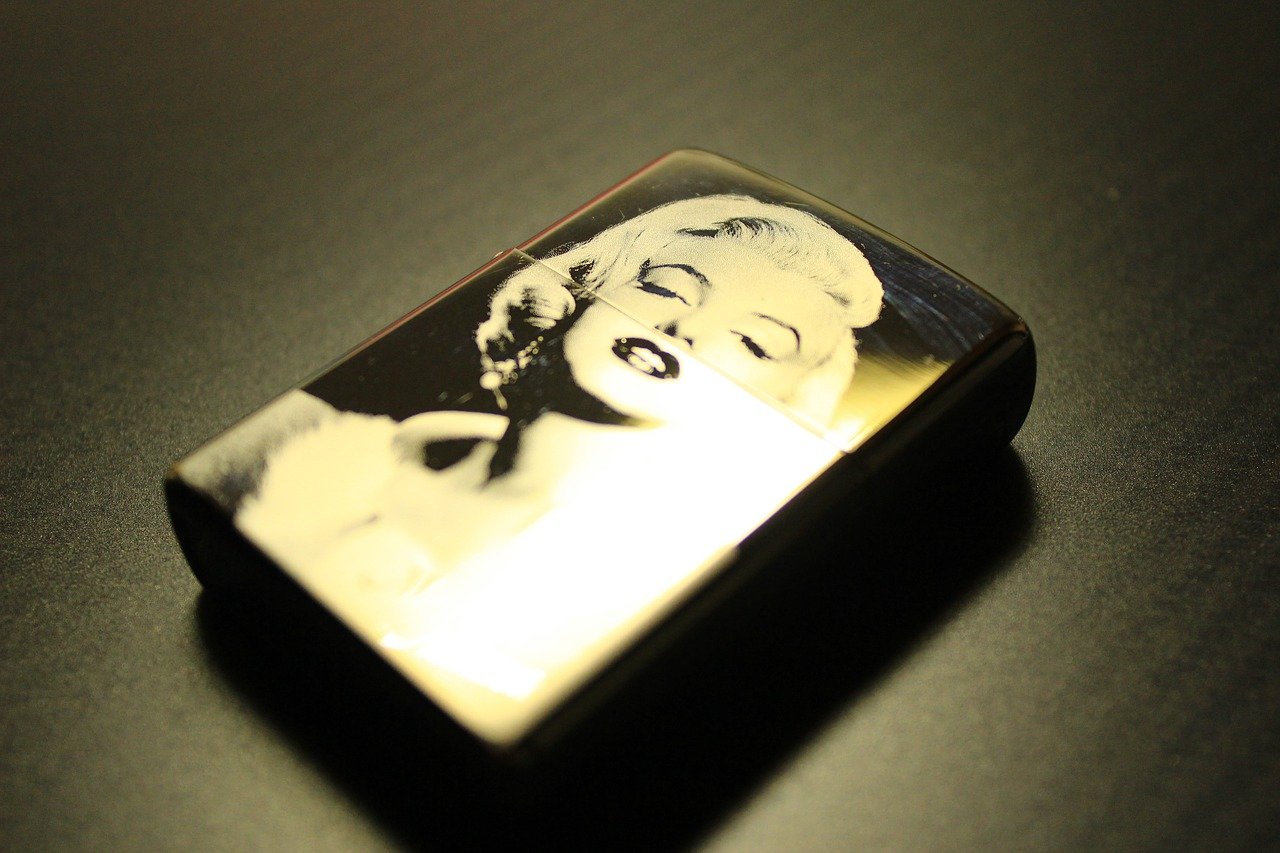When did we start celebrating birthdays? Who sang the song “Happy birthday” first? Is there really a relationship between disease and date of birth? What does the birthday paradox say?

Source: Pixabay
1 GOETHE “INVENTED” IT
According to Jean-Claude Schmitt, French historian and author of “The Invention of the Birthday”, it was Johann Wolfgang Goethe who “invented” the birthday celebration as we know it today, in 1802 to celebrate his 53rd birthday. Schmitt also tells us that the arrival of birthdays was facilitated by the French Revolution, which promoted the state registry and birth certificates.
2 IN ANTIQUITY
Although the birthday party is so “recent”, the traditions that accompany it comes from much more distant times. Let’s take the dessert, for example, it seems to be of Egyptian origin. In fact, tradition has it that on the occasion of the pharaoh’s birthday the subjects celebrated with exquisite food. The Persians did the same, preparing a special cake, reserved for the king, to be offered also to the gods and nobles. All, however, without candles.
In the Bible, there are two “birthday celebrations”: that of Pharaoh and that of Herod.
3 WHERE THE CANDLES COME FROM

Source: Pixabay
According to some historical reconstructions, the idea of celebrating the birthday with candles comes from the ancient Greeks. They would be linked to the cult of the goddess of the hunt, Artemis, sometimes symbolized by the crescent moon and its light. She was offered round sweets, decorated with candles to make them, in fact, as bright as the moon. Just as we do today with candles, the ancients turning off those lights made requests to the divinity: the ancestors of the desires that accompany the “blow” on the candles today.
4 ALSO DISCOVERED BY MARCO POLO
Marco Polo discovered the custom at the court of the emperor of China, the Qubilai khan solemnly celebrated on the day of his birth, and described it with great amazement in the Million, a sign that in medieval Italy it was not a widespread practice. Moreover, the Chinese count the years from conception and rounding up. So 9 months of pregnancy adds one year to the Western count.
5 NAME DAY VS BIRTHDAY
If in Mesopotamia and Egypt it was important to record the day of one’s birth because thanks to that data the astrologers could make the horoscope, the Romans – like the Egyptians and the Persians – paid homage only to the birth of those with a certain social position: for example the emperors. Until the sixteenth century, however, very few knew their date of birth.
In the Middle Ages it was preferred to celebrate the name day, until, as the historian Giuseppe Galasso explained, the Protestant Reformation questioned the cult of the saints and promoted the adoption of names other than those canonized.
6 WHEN DID WE START CELEBRATING THE BIRTHDAY?

Source: Pixabay
Schmitt has no doubts: the rites that accompany the birthday (wishes, cake, gifts, etc.) saw the light only in the nineteenth century, between the bourgeoisie and the wealthy classes. Only in the following decades did the custom begin to penetrate all social classes, until in the second half of the century in Germany the Kinderfest was born: the little one celebrated was awakened at dawn with a cake decorated with candles, one more than the real age. The candles were lighted all day, to represent the “light of life”.




